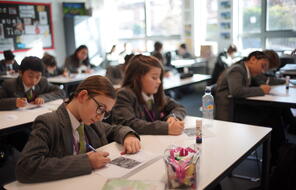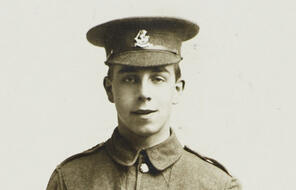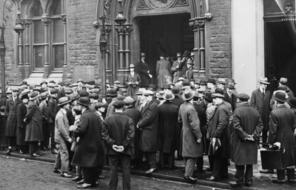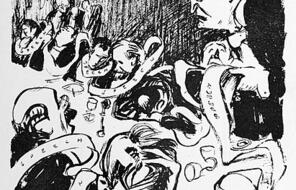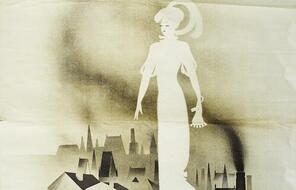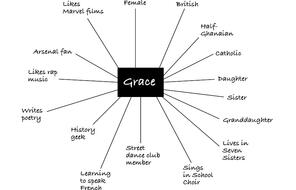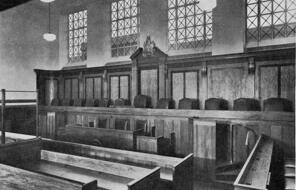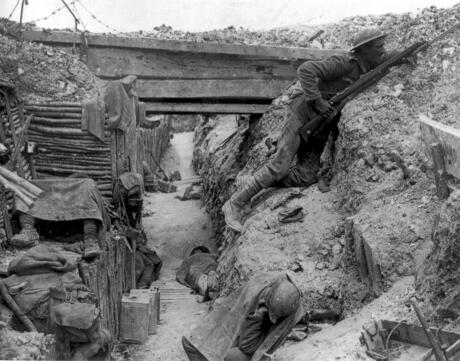
Priestley's World and the World of the Play
Overview
About this Lesson
Priestley wrote An Inspector Calls in 1945, but set the play in 1912. Learning about the historical context during and between these two time periods, and about Priestley himself, is important if students are to fully comprehend the message of the play, and if they are to start to make connections between identity, society, and the impact of our individual and collective decisions and actions on others. By examining the world of the play and the characters’ choices and decision-making processes, students will be able to better understand and reflect on their own identities, relationships and choices. Moreover, they will start to consider how the values of a society, and its spoken and unspoken rules can impact human behaviour. Such consideration is vital if they are to become active and responsible citizens, who address and challenge the social norms that foster inequality in the present day.
In the previous lesson, students explored wealth inequality in modern society, discussing graphs produced by the Social Mobility Commission, and drawing on their own views and experiences. This exploration laid the foundation for them to better understand the context and experiences of others, and the social inequality that Priestley explores and asks his audience to confront in An Inspector Calls. This lesson begins by introducing the historical context of the twentieth century. Students will learn about important events that occurred during Priestley’s lifetime up until 1945, completing a human timeline to understand their chronology. They will also be introduced to the concepts of socialism and capitalism, which are central to the play and to understanding Priestley’s ideological motivation as a socialist. Whilst exploring socialism and capitalism, students will have the opportunity to consider the justness and fairness of both systems, ultimately reflecting on what they think would make society a more just and fair place.
Preparing to Teach
A Note to Teachers
Before teaching this lesson, please review the following information to help guide your preparation process.
Lesson Plans
Part I Activities
Part II Activities
Extension Activities
Homework Suggestion
Materials and Downloads
Quick Downloads
Download the Files
Get Files Via Google
Priestley's World and the World of the Play
Exploring Social Inequality
The Treatment of Edwardian Women
Unlimited Access to Learning. More Added Every Month.
Facing History & Ourselves is designed for educators who want to help students explore identity, think critically, grow emotionally, act ethically, and participate in civic life. It’s hard work, so we’ve developed some go-to professional learning opportunities to help you along the way.
Exploring ELA Text Selection with Julia Torres
On-Demand

Working for Justice, Equity and Civic Agency in Our Schools: A Conversation with Clint Smith
On-Demand

Centering Student Voices to Build Community and Agency
On-Demand




